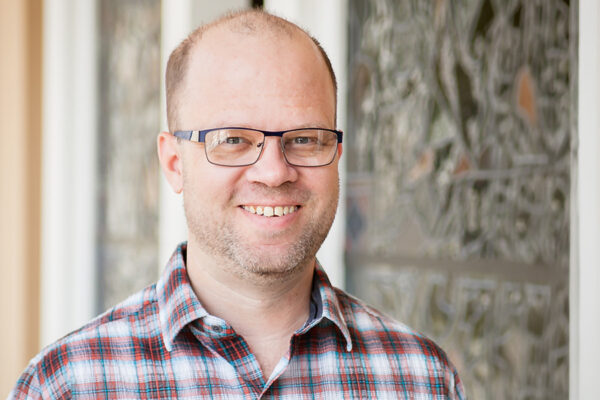Discrimination hurts
I am trying to fathom the experience of a 32-year-old black man highlighted in the Justice Department’s scathing report on Ferguson, Missouri’s corrupt police department.
Our 32-year-old friend is cooling off in his car after a basketball game in a Ferguson city park. An officer pulls up and demands the man’s identification. Accusing him of pedophilia, because of children playing in the park, the man is ordered out of his car. Objecting to this, the man is patted down and arrested, reportedly at gunpoint. Before all is said and done, he is charged with eight separate violations of Ferguson’s municipal code. One of them includes the charge of not wearing a seatbelt, despite the fact that he is sitting in a parked car.
Clearly the culture of the Ferguson police department is troubled. Independent of the Michael Brown shooting last summer, which may well have been justified, the larger behavior of the department is attention-getting for its crookedness. The collusion between the local court and law enforcement, for the sake of raising revenue for the city, is downright offensive.
But my distress today is more about the experience of an everyday citizen suffering blatant discrimination than it is about specific officers who operate outside the law. Justice can take care of people who operate unlawfully. Justice will not alter discrimination.
Here’s the plain truth: I know that I will never be on the receiving end of outrageous discrimination, at least not because of my skin color. It simply won’t happen. There is no way that the stars of my birth circumstance could possibly align in a way that would allow for me to suffer regular discrimination. The contours of my life experience, the privilege of what I know and enjoy, and the footing of my life as compared to others all mean that racial discrimination will never be inflicted on me in any manner that it is on others.
This all hurts to say. It hurts because I know I will never be able to fully experience what it means to walk inside the shoes of individuals who suffer the daily ignominy of injustice. Never in my life will I fear having a police record or paying hundreds of dollars in fines, simply for the sake of enjoying a pick-up game of basketball.
As whites, we tend to take our own whiteness off the table when discussing race. It’s as if it is irrelevant, or as if we don’t see our whiteness as a “race.” Only other people have race. We’re not particularly cognizant of ours. This is why we often struggle to recognize the advantages that whiteness affords.
Discrimination hurts not only those who suffer from it; it often hurts those who observe its painful effects. The blinders connected with the limits of our own experience compound the challenge. White privilege is real. Don’t think of it as connected with racism. It’s simply a descriptor of the way things are for those of us who (currently) constitute the majority power group in America.
That anyone should suffer in this world because they are not fortunate enough to be wrapped in the majority skin color, this is painful. Justice Department actions may addressthis hurt. But the healing of such hurt rests with – guess who? – every one of us.
Peter W. Marty, senior pastor




